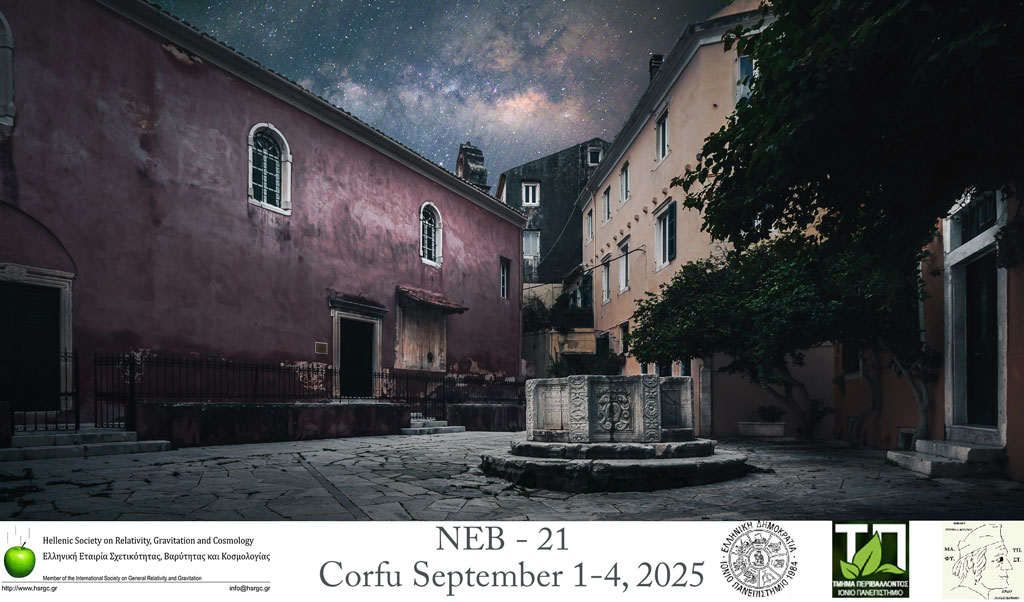Speaker
Description
Extended gravitational models have gained large attention in the last couple of decades. In this talk, I'll examine the solution space of vacuum, static, and spherically symmetric spacetimes within F(R) theories, introducing novel methods that reduce the vacuum equations to a single second-order equation. I'll derive analytic expressions for the metric functions in terms of the arbitrary functional F(R), providing detailed insight into how the gravitational action impacts the structure of spacetime. I'll analyze conditions under which solutions are asymptotically flat, regular at the core, and contain an event horizon, obtaining explicit expressions for entropy, temperature, and specific heat in terms of F(R). By using a single metric degree of freedom, I'll identify the most general solution and examine its (un)physical properties, showing that resolving singularities is not possible within this restricted framework in vacuum. For the general case involving two metric functions, I'll use several approximation schemes to explore corrections to Schwarzschild-(anti)de Sitter spacetimes, finding that F(R) extensions to General Relativity induce instabilities that are not negligible. Finally, through an analysis of axial perturbations, I'll derive a general expression for the potential of quasinormal modes of a black hole as a function of the arbitrary Lagrangian. If time suffices, I'll show a glimpse of current work on a no-hair theorem for F(R) theories.
The talk will based on the publication https://doi.org/10.1103/PhysRevD.111.044020

